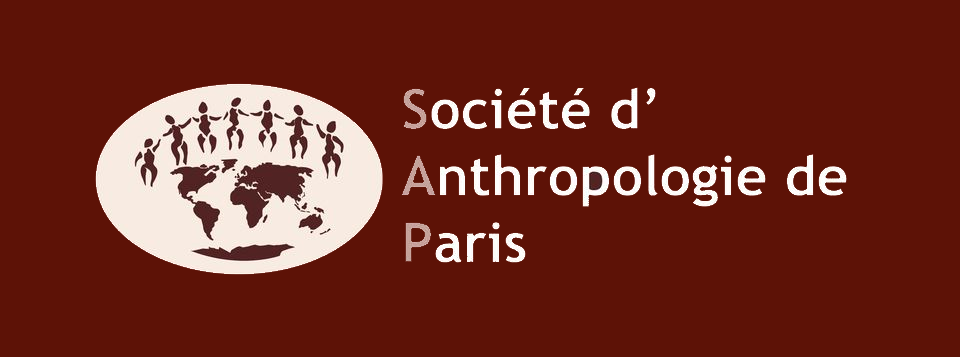January 23-25 at the Musée de l'Homme in Paris
Topic area 1: Tnvasive, micro-invasive and non-invasive analysis of anthropobiological remains. How and why?
Invited speaker: Alessia Nava (Institute of Geological Sciences, Polish Academy of Sciences, Kraków, Poland)
The technical and scientific progress of the last 40 years has deeply changed the disciplinary fields of biological anthropology. The development of biological analyses sensu lato, and of virtual anthropology, have led anthropologists to modify both their theoretical approaches to the subjects they study, and their 'vision' of anthropobiological remains, which constitute their primary support for interpreting past societies and environments.
These methodological developments go hand in hand with the implementation of new practices, while also influencing the preservation of heritage, its enhancement, and its availability for study by current researchers and future generations. These practices are also dependent on conservation policies at the national level and differ from one country to another, sometimes leading researchers to a differentiated treatment of the material which can make scientific results difficult to reproduce and interpret. The dialogue between researchers and conservators leads to a confrontation between the interest of a scientific problem and the potential degradation that this type of methodology may cause. Nevertheless, technical developments make it possible to acquire information that was previously inaccessible, and in the era of Open Science, the simplicity of sharing this type of data can constitute a considerable advance.
This session will provide a space for reflection on these methods, their use at different levels of impact on anthropobiological remains from the field to the laboratory, their sometimes considerable scientific contributions compared to traditional methods, and their museographic and heritage interests.
Scientific Committee: Benoit Bertrand, Gwenaëlle Goude, Anne Le Maître, Aurélien Mounier
Topic area 2: Current views on women in past societies: social constructions, biocultural perspectives and archaeo-anthropological insights
Invited speaker: John E. Robb (University of Cambridge, Cambridge, United Kingdom)
Over the last half-century, different waves of feminism and gender studies have contributed to the anthropology of past populations, particularly through research by women which has helped the feminine achieve greater visibility in the History of human populations. The recent development of archaeological and biocultural studies on women in ancient societies has opened up new perspectives on the structuring social role of gender relations, but has led to the emergence of new kinds of theoretical preconceptions and various methodological limitations. The development of contextual bioarchaeological approaches, behavioural ecology, the contribution of biomolecular sciences or digital imaging, and the use of ethnographic comparisons opens up the possibility of questioning how human groups considered gender. The study of dietary behaviours, of residential mobilities, kinship ties, physical activities, health conditions, funerary practices and symbolic representations provide tools to examine the relationships between men and women and the expression of femininity/masculinity through the manifold aspects of society’s modus operandi. These different aspects may include, for example, the access to food resources, the distribution of daily chores, females’ experiences from childhood to old age, parenthood, reproductive strategies and kinship structures, or funerary practices and symbolic representations. Their dynamic analysis may also allow us to explore the interactions between sexual dimorphism and social structuring, the biological costs and selective pressures driven by gendered cultural practices. This session aims to achieve a critical overview of past and current research conducted on women and on femininities in ancient societies, as well as on their antagonists and their complementarities, and is open to different approaches, contexts and perspectives within the field of anthropology.
Scientific Committee: Camille de Becdelièvre, Cécile Buquet, Olivia Munoz, Aline Thomas, Sébastien Villotte
Topic area 3: Scientific breaking news
Scientific Committee |
Organising Committee |
|
|



